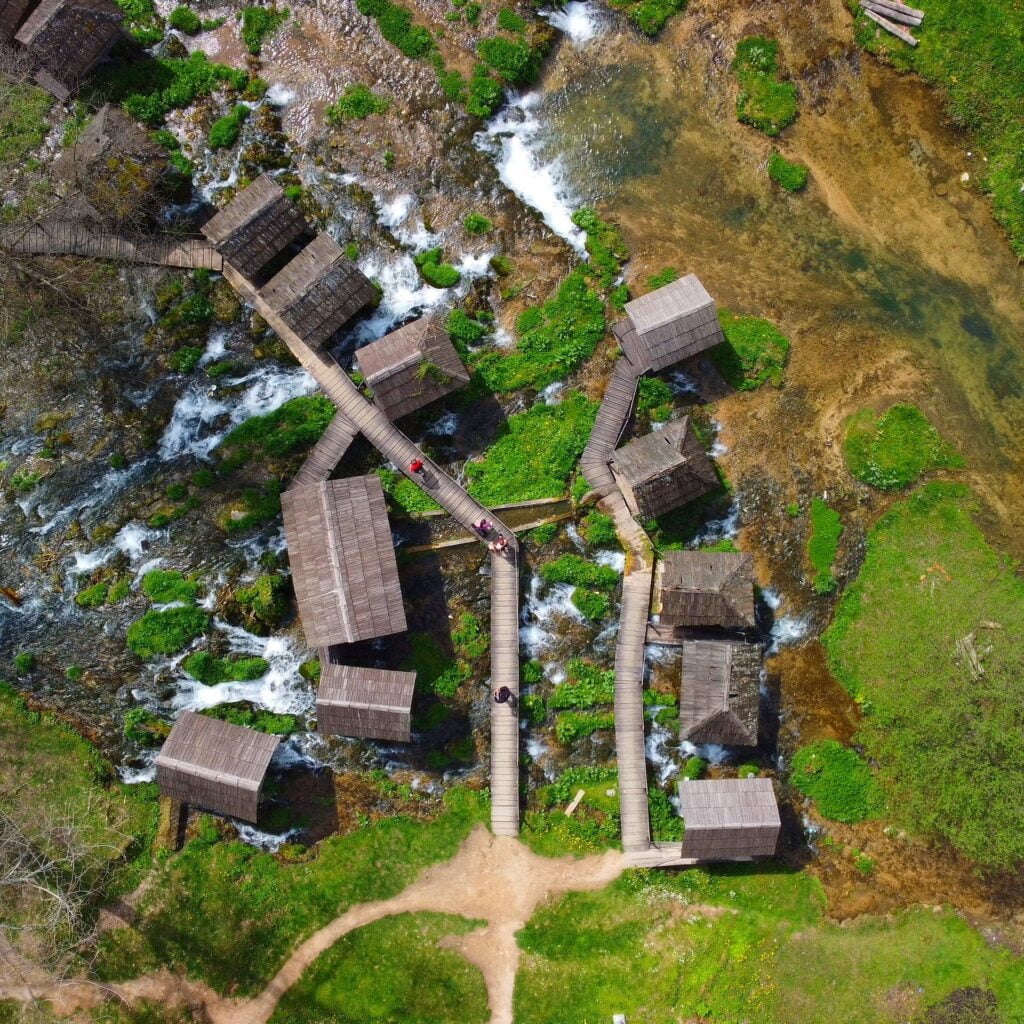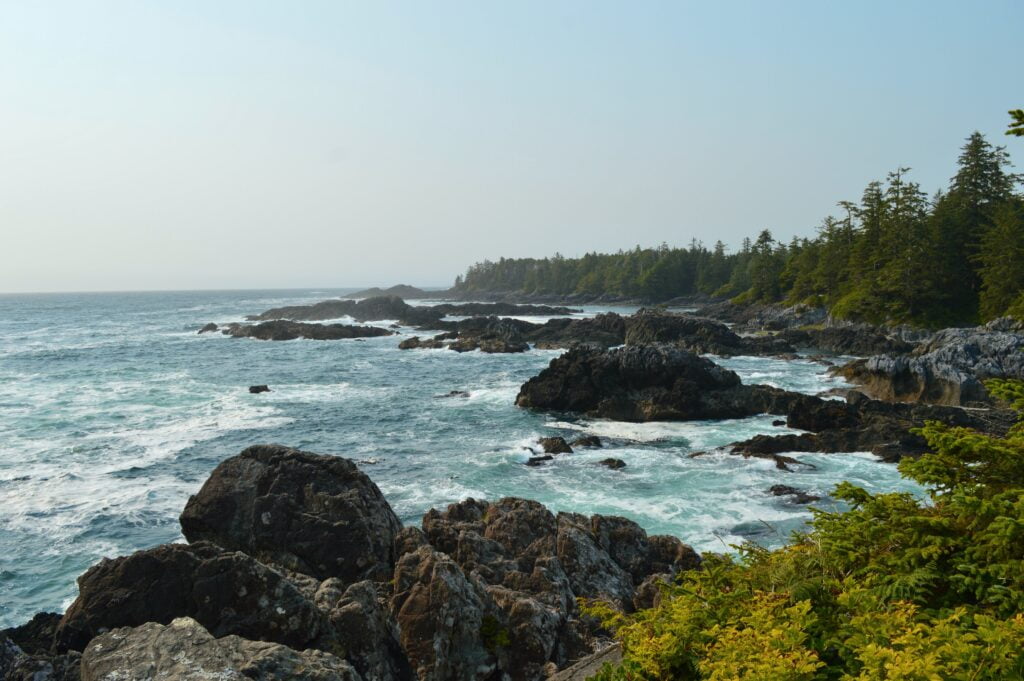What Is The Rarest Stone In Utah?
What Is The Rarest Stone In Utah? Looking to uncover the mysteries of the rocky world beneath your feet? Buckle up because you are about to embark on an exciting journey that reveals the secret of the rarest stone found in the dynamic terrain of Utah. Immersed in a rich geological history, Utah boasts of a smorgasbord of unique and bizarre mineral specimens. However, precious crystals like red beryl are an absolute rarity, piquing the curiosity of many. This article is intended to quench this very thirst of yours by shedding light on the elusive and scarce nature of this gemstone in Utah.
Overview of Utah’s Geological Richness
When it comes to geological diversity, Utah easily tops the charts. Blessed with a rich tapestry of landscapes, this place unfolds an intricate story of the Earth’s history.
Description of Utah’s varied geology
Utah is a land carved by mighty rivers, hewn by glacial activities, and painted by wind-swept deserts. Its geology boasts richly varied rock formations, from the high peaks of the rocky mountains, the sweeping sandstone of the Colorado Plateau, to the sturdy limestone of the Great Basin. This amazing range is a canvas painted with a staggering collection of shapes, textures, and colors.
Summary of geological eras represented in Utah
The geological eras recorded in the stones of Utah span over a billion years. The Precambrian era is painted in the metamorphic rocks of the western half. The Paleozoic era remains solidified in the limestone and shale of the eastern portions. The Mesozoic era marked by fierce Jurassic dinosaurs that roamed the state is interior is represented in the dinosaur fossils peppering the landscape. And the Cenozoic era is etched out in vast deposits of modern sediment.
Factors Contributing to the Rarest Stone in Utah
Identifying the rarest stone in Utah is not as simple as it seems. Many factors come into play.
Determining the scarcity of a mineral
Firstly, the scarcity of a mineral is often dependent on the unique geological conditions that enabled its formation. This often includes specific pressure, temperature conditions, and a precise combination of elements.
Impact of geological conditions on mineral formation
Secondly, geological conditions play an integral role in creating and preserving rare stones. Tectonic activities, weather patterns, and various other natural processes can aid in the creation, or destruction, of precious mineral deposits.
How mineral rarity relates to market value
Lastly, market demand and value are also key determinants of rarity. A mineral that is rare but has little demand will not be perceived as valuable. Conversely, even a relatively common mineral with high demand can fetch high prices in the market.

Commonly Found Minerals in Utah
In contrast to the rarest stones, there are several minerals that are far more common in Utah.
Details about common Utah minerals
These include quartz, feldspar, and calcite, which are literally the building blocks of the state’s landscape. These minerals are found in nearly all rock types and are responsible for creating Utah’s stunning land formations.
Specific locations where common stones are found
Feldspar is predominantly found in granite-rich regions of the Rocky Mountains. Quartz, abundant in the sandstones of the Colorado Plateau. Calcite, on the other hand, is common in the limestone-dense areas of the Great Basin.
Uses of these common minerals
While these minerals are not as rare, they are vitally important. Quartz, feldspar, and calcite have numerous industrial applications because of their durability and chemical resistance. However, their aesthetic appeal also makes them desired ornamental stones.
Less Common Stones in Utah
Aside from the usual suspects, Utah is also richly endowed with less common stones.
Catalog of less common stones
Among these are garnet, topaz, obsidian, and bixbyite. These stones are less common, making them highly sought after by hobbyist and professional geologists alike.
Regional geology that supports these rare minerals
The geology of particular regions in Utah, such as the Thomas Range and the volcanic fields of southwestern Utah, offers the unique conditions that these stones require for their formation.
Significance of these minerals
Apart from contributing to the state’s elegance and diversity, these scarce stones also hold scientific significance. They often reveal interesting and unique geological processes, which are of immense value in earth and environmental research.

Identification of the Rarest Stone
So what is the rarest stone in Utah?
Reveal of the rarest stone in Utah
The rarest stone in Utah is none other than the elusive and alluring red beryl, also known as bixbite.
Variables considered in establishing rarity
Considered even rarer than diamonds, the emergence of this gemstone is a testament to the perfect orchestration of specific variables. These variables include the correct composition of elements, high manganese concentrations, and suitable temperature and pressure conditions during its formation. https://mauragemsandjewellery.org/the-revolution-of-personalization-in-the-lab-grown-diamonds-industry-by-liori-diamonds/
Scientific properties of the stone
Red beryl is a fascinating mineral. Its deep red color is readily identifiable, and it’s also a highly durable gem with a hardness second only to diamonds. However, the real allure lies in the scientific enigma it holds. Its formation process is still a subject of speculation within the geology community.
Origins and Formation Process of the Rarest Stone
Explanation of how the stone is formed
Red beryl typically forms in rhyolite-rich volcanic deposits, cut with miarolitic cavities, under high pressure and temperature. Such conditions can often result in the formation of gem pockets where red beryl can form over millions of years, eventually being brought to the surface through geological events.
Discussion on the geological era of its formation
The red beryl found in Utah is estimated to have formed during the cooling of magma during the highly volcanic Cenozoic era, specifically in the Tertiary period around 20-30 million years ago. https://www.aigsthailand.com/
Understanding its unique mineral content
Its unique chemistry, high amount of beryllium combined with a rare presence of manganese and cesium, provides the vibrant red hue that distinguishes red beryl from any other stone in the world.

Where The Rarest Stone in Utah Is Found
Geographical distribution of the stone within Utah
The geographical occurrence of red beryl is extremely specific to Utah. To be precise, this gemstone is found predominantly within the Wah Wah and Thomas mountain ranges.
Specific site description where the stone was found
The formation of red beryl is tied directly to these specific locations due to their unique geological makeup. These mountains were once highly volcanic and still bear the remnants of the intense heat and pressure from volcanic activity that foster the formation of red beryl.
Contextual history of its discovery
Red Beryl was first discovered in the Thomas Range in the 1950s and has since then captivated the hearts of gem enthusiasts around the globe. Since then, the stone has become synonymous with Utah, drawing stone collectors and hobbyists to explore and experience the earth’s raw beauty.
The Rarest Stone and Its Significance
Now that we know more about the rarest stone, it’s time to appreciate its underlying value and contribution to various fields.
Role of the stone in research
First, red beryl provides a wealth of knowledge for researchers attempting to understand the Earth’s geologic processes, allowing them to study the conditions that existed during the stone’s formation and the forces that brought it to the Earth’s surface.
Significance of the stone in jewelry or technology
Given its striking red color and hardness, red beryl is also highly valuable in the world of jewelry, often being transformed into stunning gemstones. Moreover, beryl is also used in various technologies due to its unique chemical properties, especially its high beryllium content.
Ecological impact of mining this stone
However, mining of red beryl, similar to other gemstones, raises ecological concerns. Associated processes like excavation and habitat disruption can potentially harm local ecosystems, prompting a need for responsible and sustainable mining practices.

Conservation Efforts Towards Protecting the Rarest Stone
It’s only fitting that efforts should be made to protect this unique asset.
Current state and federal laws protecting it
Utah takes its role as the steward of red beryl very seriously, with stringent state and federal laws in place to prevent illegal mining and to ensure the responsible trade of this gem.
Conservation groups involved in its preservation
Different conservation groups also play a part in its preservation. They work tirelessly to educate the public, advocate for stronger protective legislation and engage in field preservation activities.
Future predictions for the stone’s existence
Predictions for the future existence of red beryl are cautiously optimistic, with preservation efforts ongoing, in hopes of securing this rare gemstone for generations to come.
Conclusion: The Beauty and Intrigue of the Rarest Stone
Recap of the importance of the stone
The tale of the rare red beryl serves to illuminate the extraordinary geological richness of the state. From an inconspicuous quartz to the striking allure of red beryl, each stone tells a story of persistence, chance, and the sheer beauty that our planet holds.
Reflection on the human fascination with rare stones
Human fascination with rare stones can be traced back to our earliest history. Whether for their beauty, their power, their eeriness, or their scientific intrigue, rare stones like red Beryl continue to captivate and bewitch us.
Final thoughts on the search for rare stones
While the search for the rarest stone in Utah might have culminated in the discovery of red beryl, it is by no means the end. With a rich geological tapestry, Utah continues to enthrall geologists and rock collectors alike, offering new tales of the earth’s history waiting to be discovered in the heart of its stones.

